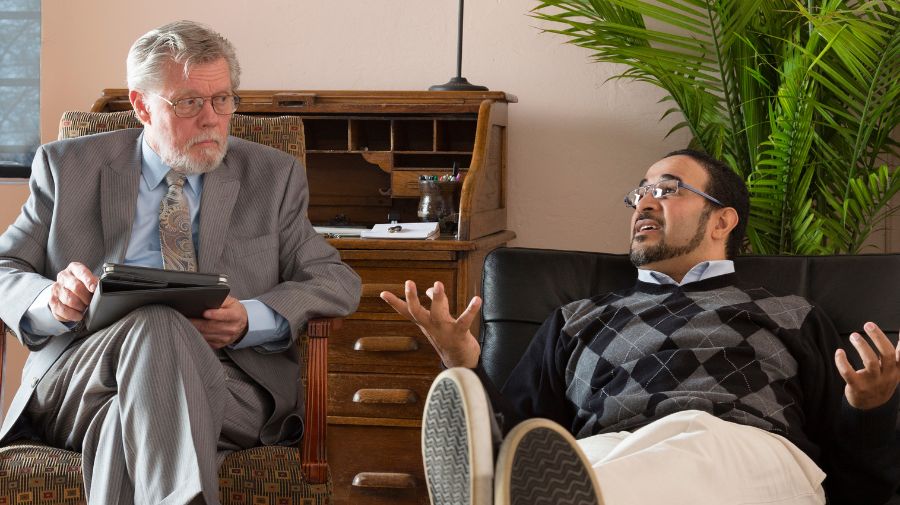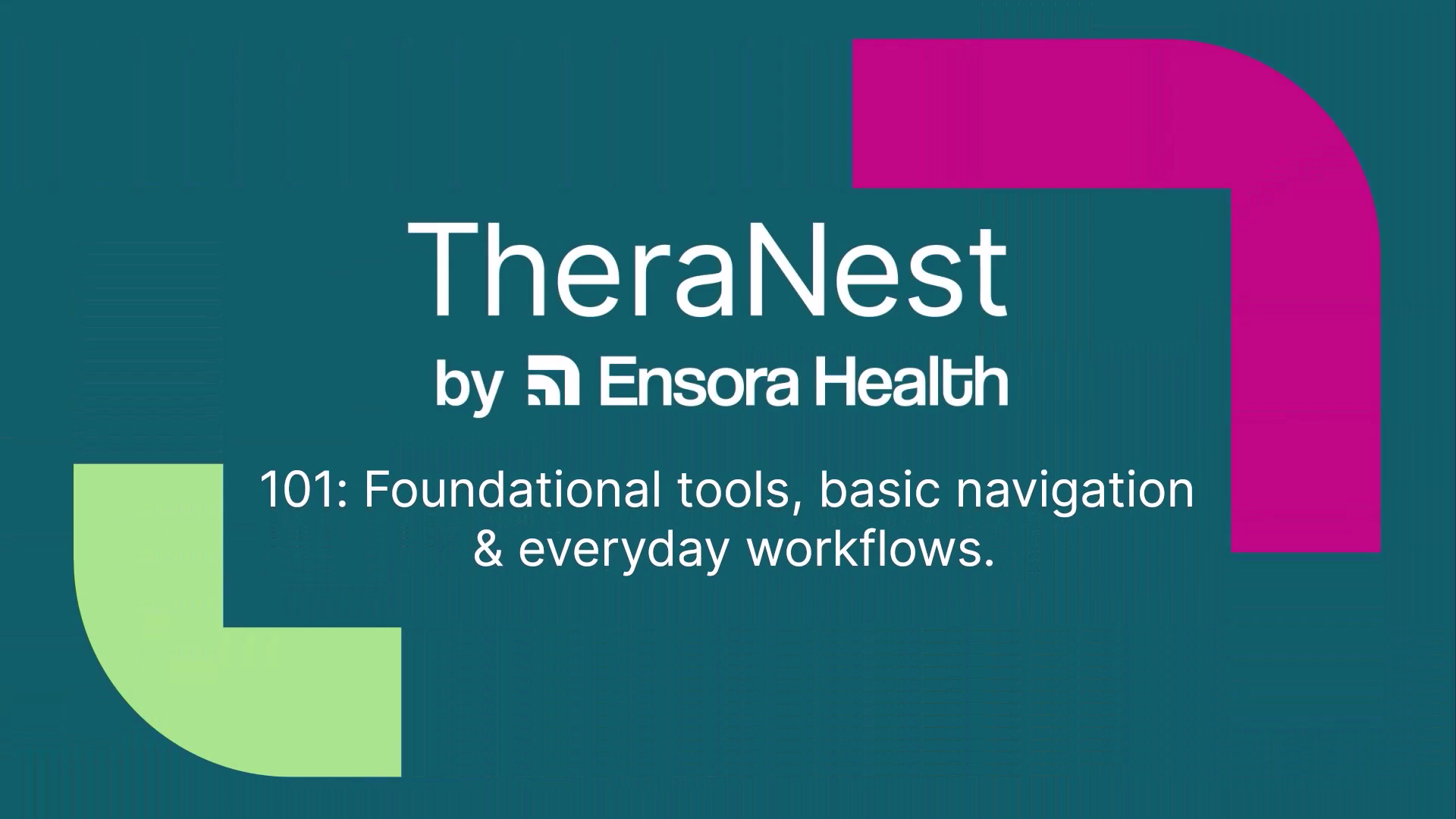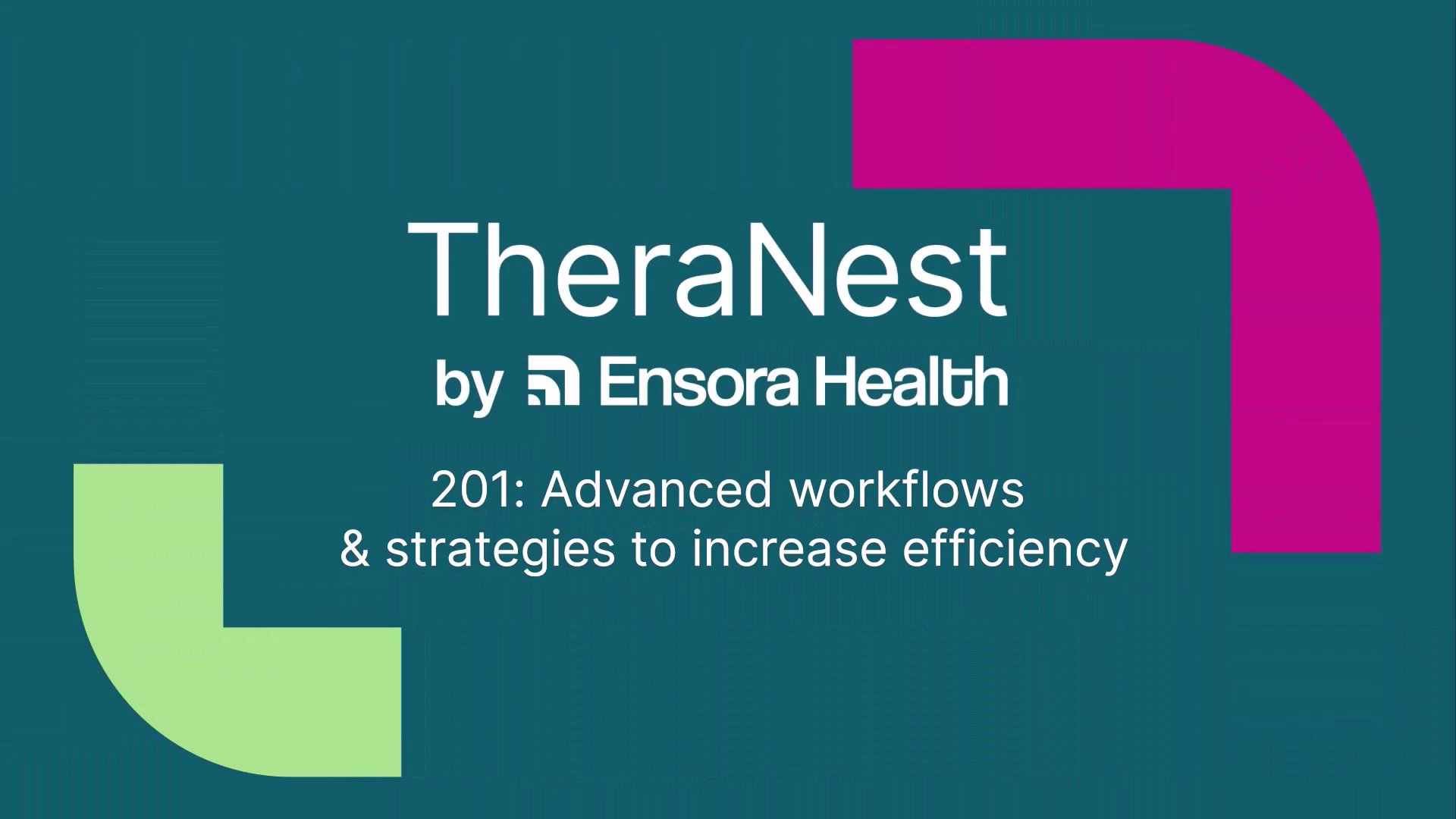How therapists can reclaim their time with smarter documentation

Therapists didn’t enter this profession to spend hours on notes. Yet, documentation has grown from a routine task into a major challenge, draining their time, energy, and satisfaction. According to a technical brief by the Agency for Healthcare Research and Quality, the rising burden of documentation intensifies burnout among clinicians and harms client outcomes. While technology offers potential solutions, many current tools haven’t kept pace with the increasing demands of documentation requirements.
The human cost of burnout
Burnout doesn’t stop at the therapist; it impacts therapy sessions, treatment quality, and client relationships. A 2024 JAMA study found that burned-out clinicians had a 28.3% client improvement rate, compared to 36.8% for those who weren’t burned out. When documentation eats into personal time, it wears away at the very foundation of good care: a present, well-supported clinician. When therapists are overwhelmed, clients feel it too.
Why traditional notes aren’t working
If you browse therapist forums or social media, you’ll see countless posts from clinicians overwhelmed by documentation. Current practices leave many playing catch-up, rushing to write notes after hours or even days later. This reactive approach undermines quality, creating pressure to finish quickly and leaving room for errors. Redundancy is another challenge, especially in group therapy settings, where the need to repeat dynamics across multiple records slows everything down. Add compliance requirements, like HIPAA, into the mix, and it’s clear that traditional methods fail to meet modern demands. NPR refers to this strain as “compliance fatigue,” where therapists spend more time navigating regulations than focusing on meaningful clinical content.
A smarter, more supportive way forward
There’s a better way to approach documentation: one that combines preparation, structure, and automation. First, consider building a habit around pre-session preparation. Using pre-session templates provides a framework that helps guide sessions, reducing the pressure to recall every detail later. Clinician April Snow, LMFT, emphasizes how routines can make note-writing less stressful and more efficient.
For post-session work, automation can be a big time-saver. Tools like Ensora’s AI Notes Enhancements save time by offering context-aware AI summaries, smart tagging, and smooth integration into existing workflows. These tools eliminate redundant tasks and provide therapists with more mental breathing space.
Reclaim time, reduce burnout, refocus on care
Therapists deserve tools that make their jobs easier, not harder. Smarter workflows and automation reduce burnout, help therapists protect their mental well-being, and allow them to focus on providing exceptional care.
Take back control of your time. Watch our recorded webinar on AI Notes Enhancement to explore these improvements at your convenience. Let’s transform documentation from a burden into a resource that supports you and your clients.






